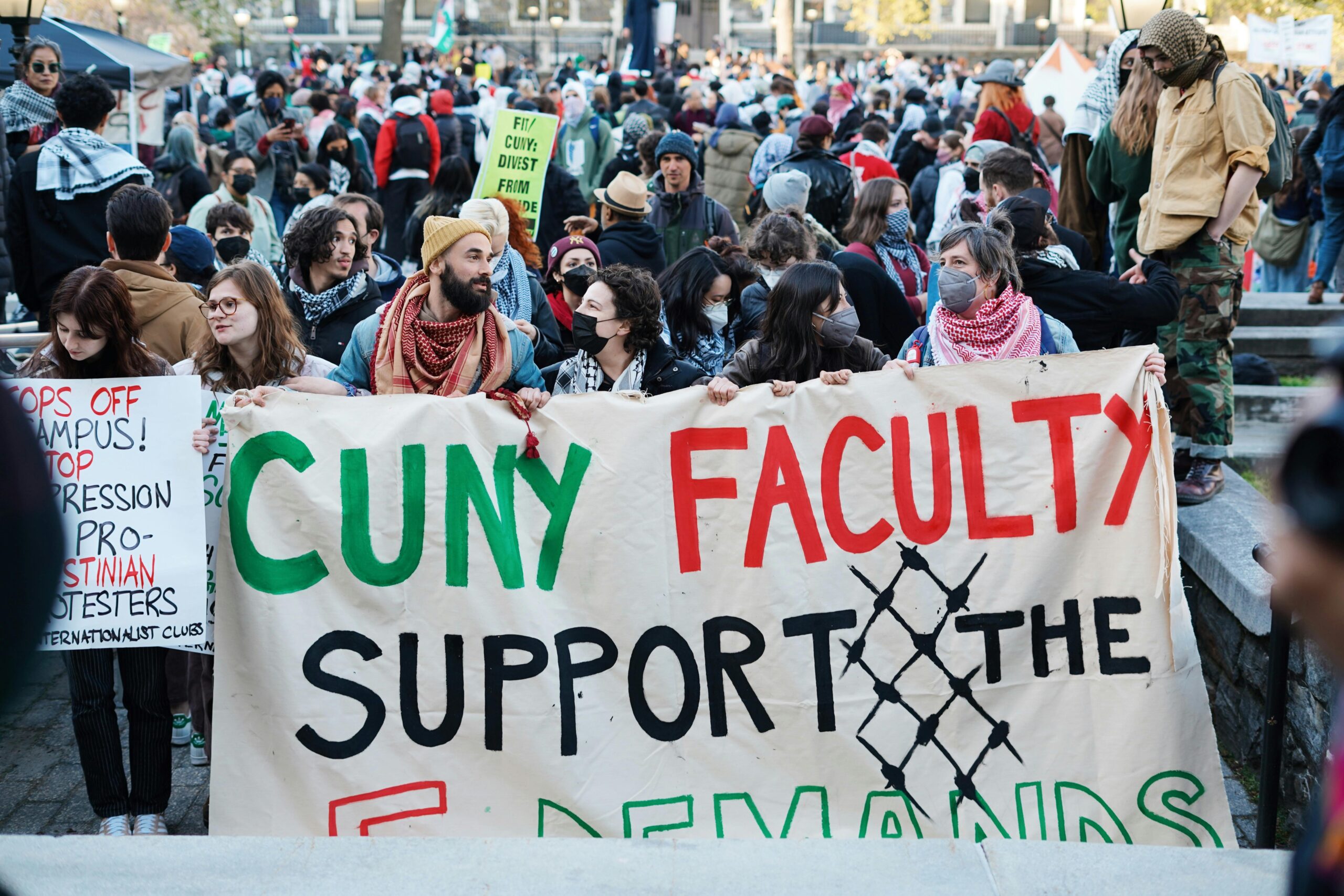It’s the end of another school year, the students are getting ready to move on, and I wonder what they will remember down the road. Some teachers you just never seem to forget. They’re the ones whose words, voices, and lessons are locked into your memory long after you’ve left their classrooms.
My second grade Hebrew teacher, “Mar” (Mr. in Hebrew) Perkel was that type of indelible teacher, etched into my memory. Mar Perkel transmitted passion for the Hebrew language to all his students, and made it clear that teaching Hebrew was serious business. Standing at the black board in a dark suit and tie, Mar Perkel held a rubber tipped pointer and drilled us in all the variations of dikduk (grammar).
Mar Perkel showed his big heart and caring in so many ways. He often shared his desserts with us, and brought all kinds of after lunch goodies into our classroom. We waited patiently in anticipation as he’d break the precious morsels of cupcakes into little pieces. You’d think we had never seen dessert in our lives the way we waited for those bits, but because those crumbs came from him, that made it special.
Concern for his students also extended beyond the classroom walls. When Mar Perkel saw me walking down the hall at school, he’d ask in his booming voice, in Hebrew, “How are you?” To my little ears that translated to—I care about you. You count. He was also the epitome of a “firm and loving” teacher. You couldn’t get away with bad behavior, because on each side of his big mahogany desk were two smaller desks reserved for those who disobeyed the rules. I can still remember the two children who frequently occupied those chairs, waving to each other from each side of that desk as if they were on their own naughty island. Even though we adored Mar Perkel, no one wanted to sit in those chairs.
Fast forward to my eighth grade English class and to Scranton Hebrew Day School, and to Mrs. O’Connell. She was a petite, soft spoken dynamo, with a great laugh. On the first day of class she wrote on the blackboard in big letters, “tabula rasa,” which she defined as a clean slate. Mrs. O’Connell explained that we, her new students, were just like those clean slates. Whatever happened before eighth grade had been erased, as far as she was concerned. I found that idea thrilling and powerful, and worked hard to make a good impression on that “tabula rasa.”
We were a class of only ten students. Yet we filled up the classroom with our energy, and were a most colorful bunch. Mrs. O’Connell wasn’t fazed in the least by our eighth grade bravado and downright silliness; her shoulders rose up and down as she laughed at our wacky antics. There was the feeling that she got a huge kick out of us, warts and all. She also was sensitive and understood our angst about our impending transition to high school. We all had mixed feelings about leaving our small cozy cocoon. Several of us would be heading to public high school, and just the mere thought of this major change was terrifying. There were limited options in this out of town community, and few yeshiva high school choices.
Mrs. O’Connell had the knack for making every student feel special, finding the strengths in each, and reinforcing them. It made my day when she chose me to read my personal essay about Shabbat to the class, and I’ll never forget how she complimented me on my handwriting. In those days, handwriting was called “penmanship,” and it mattered enough to be given a grade category on the report card. We filled multiple pages practicing our penmanship with our upward lines and round connecting loops.
Mrs. O’Connell was also a stickler for excellent diction and proper manners. As we prepared for our graduation she made sure that the girls sat, “like young ladies, legs together and crossed at the ankles.” Every word in our cantata had to be pronounced just so, and if Mrs. O’Connell wasn’t pleased with the pronunciation, you would have to repeat that word ad nauseum until you passed diction muster.
Even though I lost touch with these remarkable teachers after elementary school, they’ve stayed with me throughout the years. You don’t say good bye to teachers like these, because their imprints are planted in our lives forever. Recently, someone I knew from those years showed me her pictures from The Yeshiva of Hartford days. “Oh look—there’s Mar Perkel!” He was sitting in the front row with other teachers and administrators, and dressed in his characteristic suit and tie. Even though it was just a picture, it felt wonderful to see his face again.
They both wanted us to aim high. They believed in us and felt that if we tried hard enough, we could actually reach the stars.
Esther Kook is a Teaneck resident. She’s a teacher and a freelance writer.
By Esther Kook













